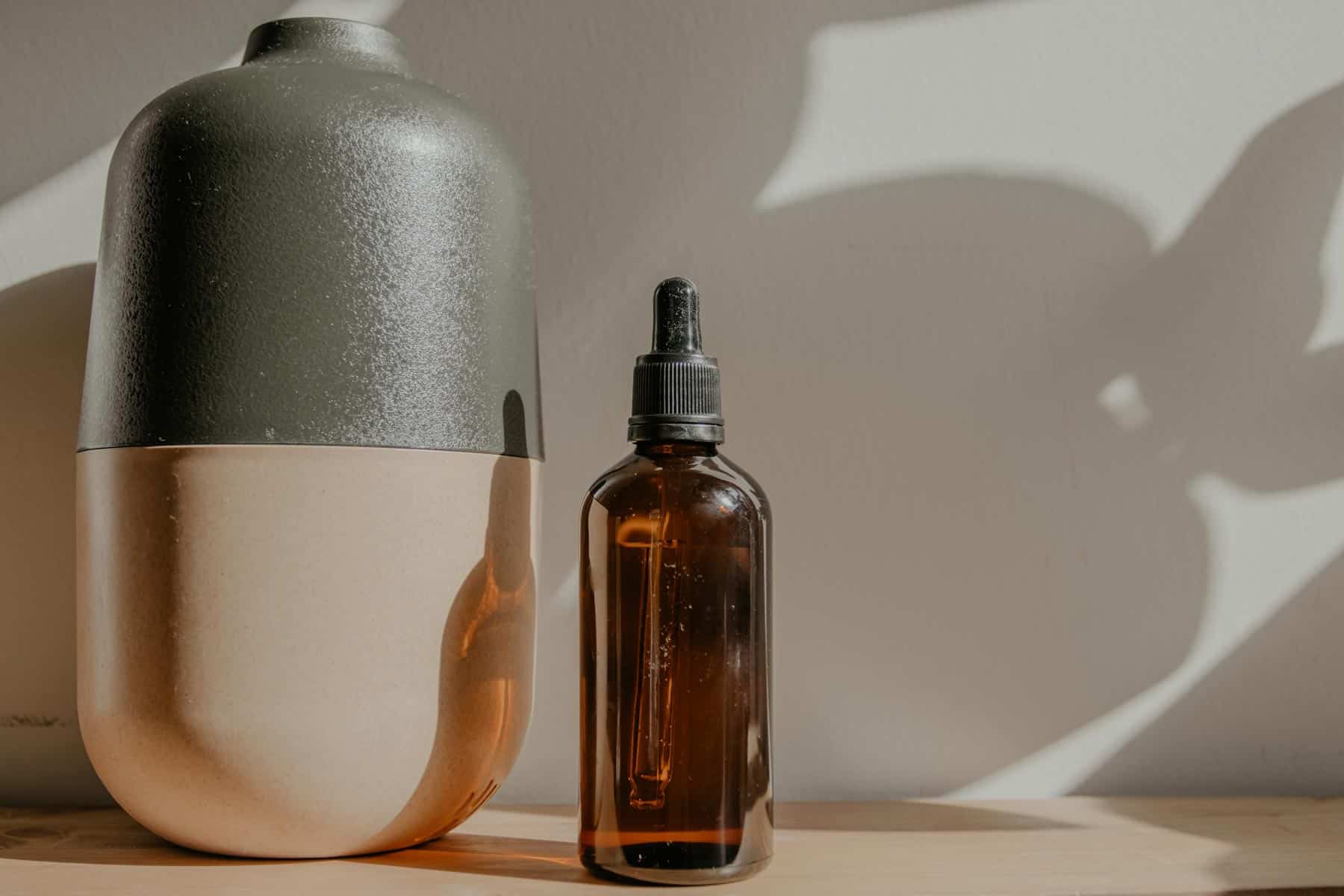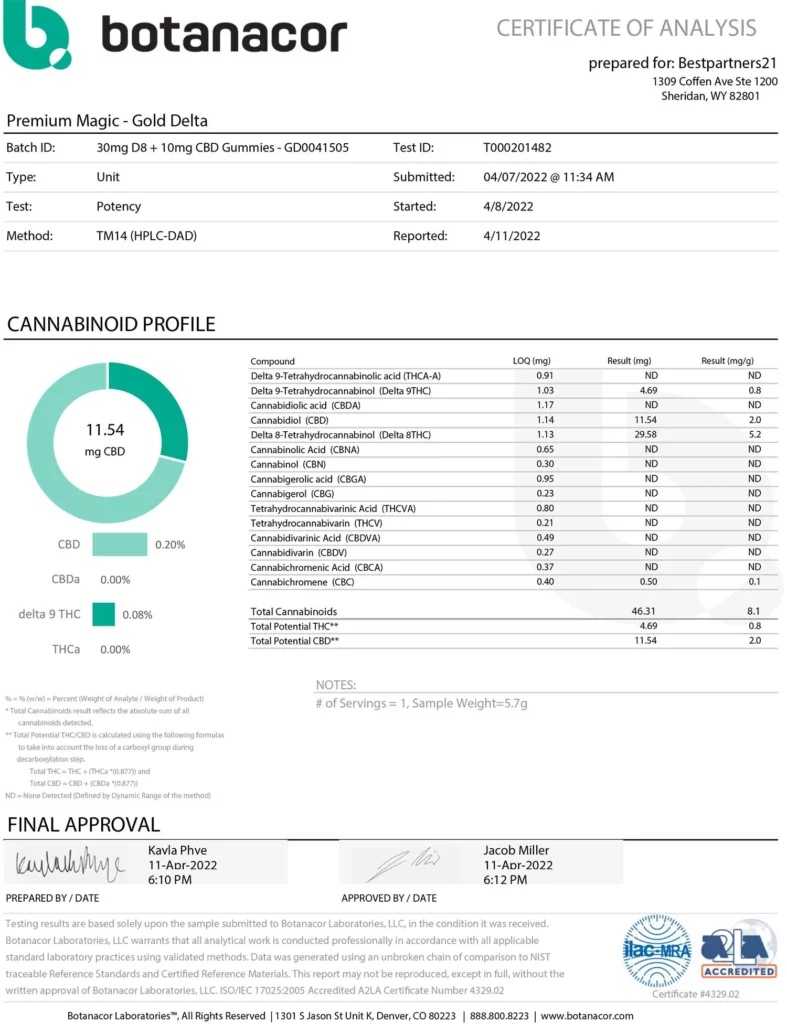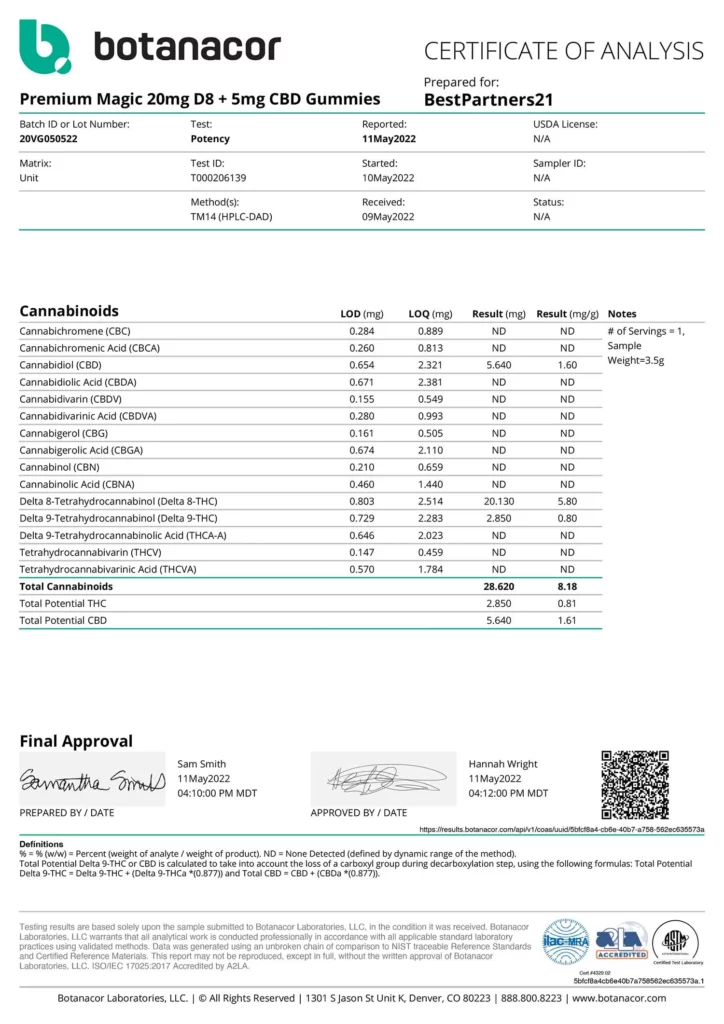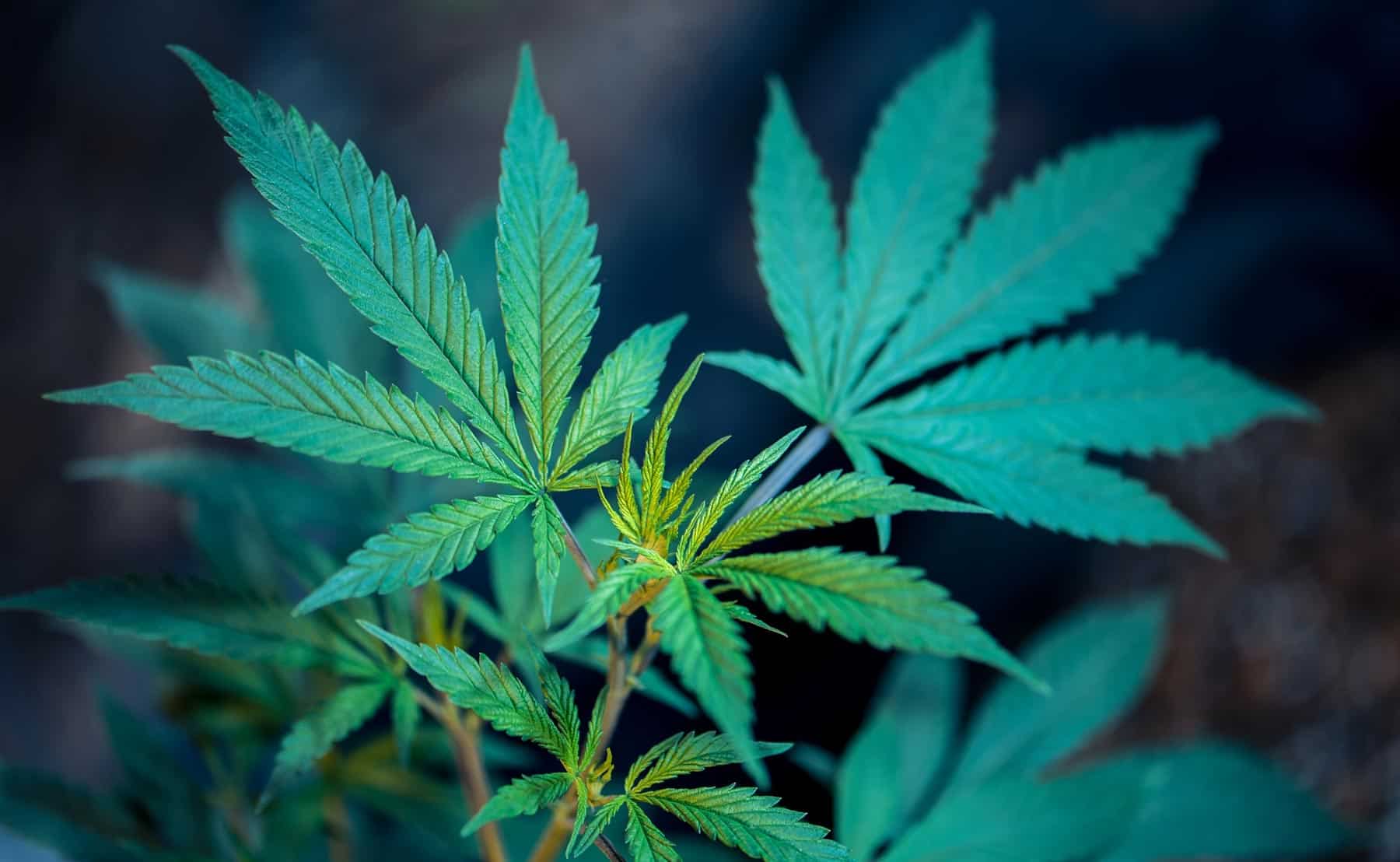
Comprehensive Guide to the Legality of Delta-8 in the United States: The Do’s and Don’ts

In the swiftly evolving realm of cannabis laws, Delta 8-THC has become a captivating subject, stirring debates and causing uncertainty as its legality fluctuates from state to state. This comprehensive guide aims to unravel the intricate legal landscape of Delta-8 in the United States, providing clear guidelines to navigate this complex issue. By understanding the dos and don’ts outlined within these pages, readers will gain valuable insights to confidently traverse the perplexing world of Delta-8-THC legality, ensuring compliance with the ever-changing legal framework.
What is Delta 8?
To embark on this exploration, it is paramount to grasp the essence of Delta 8-THC. Delta 8-tetrahydrocannabinol, commonly abbreviated as Delta 8, is an innate cannabinoid that occurs naturally in the Cannabis Sativa plant. In contrast to its well-known relative, Delta-9-THC, which carries potent intoxicating effects, Delta-8 offers a gentler elevation, often accompanied by diminished anxiety and a heightened mental lucidity, as attested by some individuals. As we venture further, let us unravel the mysteries and delve into the unique realm of Delta-8, where its distinct qualities beckon curiosity and discovery.
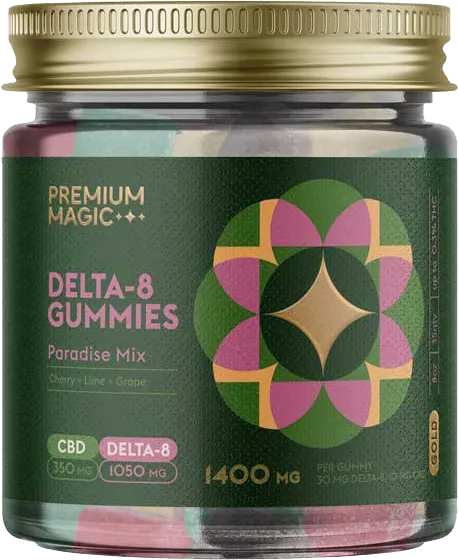
Delta-8 Gummies – Gold Paradise Mix
Original price was: $82.99.$38.99Current price is: $38.99.
Or Subscribe and Save 30%
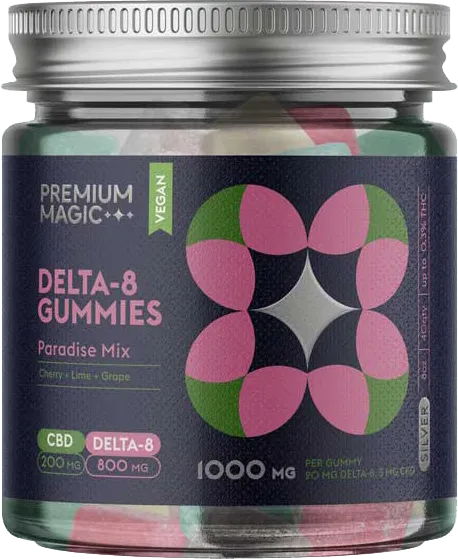
Silver Paradise Mix
Original price was: $68.99.$33.99Current price is: $33.99.
Or Subscribe and Save 30%
Delta 8 and Federal Law
When examining the legal status of Delta 8, it is crucial to distinguish between federal and state laws. At the federal level, Delta-8 occupies a nebulous space. The 2018 Farm Bill granted legality to hemp and its derivatives, with the exception of Delta-9-THC. As Delta 8 can be derived from hemp, it falls within the federal legal realm.
Nonetheless, this does not automatically translate to universal legality across all states. The landscape varies from one state to another, with some states explicitly permitting Delta-8, while others may have restrictions or even prohibitions in place. Thus, understanding the intricacies of both federal and state regulations is paramount to grasp the full picture of Delta 8’s legality.
State-Specific Laws on Delta 8
While Delta-8 might be federally legal, state laws vary significantly. The legal status of Delta 8 THC is a subject of ongoing debate and varies from state to state within the United States. While some states have embraced the compound, others have implemented strict regulations or even outright bans. Understanding the legal landscape is crucial to ensure compliance and avoid any potential legal repercussions. Some states, like Florida and Nevada, have adopted the federal guidelines, making Delta-8 legal for those over 21. However, other states such as New York, Colorado, and Arizona have explicitly outlawed Delta-8, despite its federal status.
State-by-State Regulations
- Alabama: Delta 8 THC is currently legal in Alabama, subject to certain restrictions and regulations. It is essential to stay informed about any recent changes or updates in the legislation to ensure compliance.
- California: As of 09/22/2021, Delta 8 THC is legal in California. However, it is important to note that local regulations may exist, so it is advisable to check with local authorities for specific guidelines.
- Florida: In Florida, Delta 8 THC is legal for purchase and use. However, it is crucial to source products from reputable and licensed retailers to ensure quality and compliance.
- New York: Delta 8 THC is considered illegal under the state’s controlled substance law, but it’s worth noting that regulations can change. Staying informed about any updates from state authorities is vital for businesses and individuals.
Navigating the Legalities
While we strive to provide you with the most accurate and up-to-date information, it’s important to consult with legal professionals or state authorities to ensure compliance with local laws. The legal landscape surrounding Delta-8 THC is dynamic, with regulations subject to change.
The Do’s and Don’ts:
To ensure a safe and compliant experience with Delta-8 THC, it’s essential to follow certain guidelines. Here are some do’s and don’ts to keep in mind:
- Do Research: Stay informed about the legal status of Delta-8 THC in your state. Conduct thorough research and consult reputable sources to understand the regulations that apply to your specific location.
- Don’t Assume: The legal status of Delta-8 THC can be complex, and assumptions can lead to legal troubles. Always verify the legality of Delta-8 THC products before purchasing or using them.
- Do Source from Reputable Retailers: To guarantee quality and compliance, purchase Delta-8 THC products from trusted and licensed retailers. Verify the product’s authenticity and ensure it undergoes rigorous third-party testing.
- Don’t Cross State Lines: If Delta-8 THC is legal in your state but not in neighboring states, it is crucial to refrain from transporting these products across state lines. Doing so may result in legal consequences.
- Do Practice Responsible Consumption: As with any substance, responsible consumption of Delta-8 THC is key. Start with a low dose and gradually increase as needed. Be aware of your tolerance levels and the potential effects.
The Future of Delta-8 Legislation
Anticipating the trajectory of Delta-8 legislation is a formidable challenge, as it is probable that additional amendments will emerge with the proliferation of research findings and the evolving public sentiment. Thus, it is of utmost importance for consumers and industry stakeholders to maintain a keen awareness of the latest legal developments surrounding this distinctive cannabinoid.
The realm of Delta-8 THC is a captivating tapestry interwoven with complexity. While we await further elucidation on its legal standing, it is paramount to adhere to the prescribed guidelines in this handbook, ensuring that your engagement with Delta-8 remains firmly within the bounds of the law. By staying well-informed and remaining attentive to emerging updates, individuals can navigate the intricate legal landscape surrounding Delta-8 with confidence and compliance.




